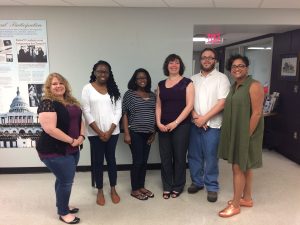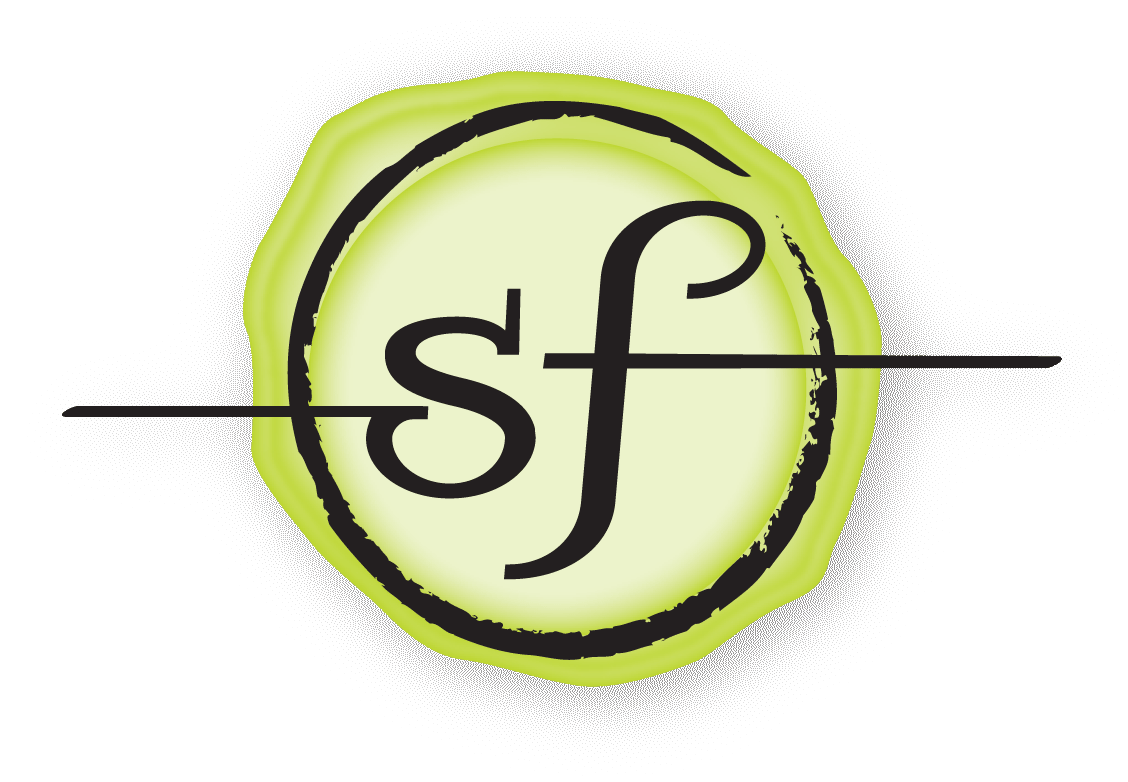Last month, I took a little road trip down to Murfreesboro, Tennessee, to take part in the Maymester program at Middle Tennessee State University (MTSU). MTSU has one of the few PhD programs in public history in the US, and Maymester provides a condensed semester (in May) that allows the program to access public history practitioners as teachers, because the abbreviated schedule fits better to real time work commitments elsewhere.

MTSU Professor Louis Kyriakoudes, director of the Albert Gore Research Center, invited me to be a guest lecturer in his graduate Maymester class on “Interpreting, Archiving, and Preserving Freedom Struggles.” I commend Dr. Kyriakoudes, first, for recognizing that LGBTQ political activism falls into a larger historical trajectory of movements in support of expanded civil rights and, second, for organizing such a creative course.
The first few days began with guest lecturer Curtis Austin, author of Up Against a Wall: Violence in the Making and Unmaking of the Black Panther Party, talking to the class about African American freedom struggles. The rest of the first week went to my visit, as I discussed the history of LGBTQ activism with students. The second week involved a field visit to various museums and archives in Atlanta, followed by a week-long digital history project the students were responsible for.
During my visit to the class, I gave the students a quick overview of the history of LGBTQ activism, and argued that scholarly writing on LGBTQ history has followed patterns that are related to various trends in the movement. I also used the recent listing of the House of the Furies on the National Register of Historic Places as a case study. The Furies Collective, which operated in Washington, DC, in the early 1970s, created much of the theory behind lesbian separatism. The historic designation of a property associated with the group marks a new phase in the government’s thinking about historical significance, and I wanted both to make the students aware of this and also to discuss with them the implications of a property associated with such radical ideas entering into a preservation program ran by the federal government.
The MTSU students did not disappoint. I am still coming to terms with how quickly LGBTQ circumstances are changing, and the subsequent ripple effects into the ways we preserve and commemorate the struggles that got us to this historical moment. So, my visit with the MTSU students was much more an exploration than a lecture. I’m happy to say that these future public history practitioners gave me a lot to think about and renewed me with their unique perspectives on the tides of political activism and the importance of the work we do to understand, preserve, and interpret these memories.
